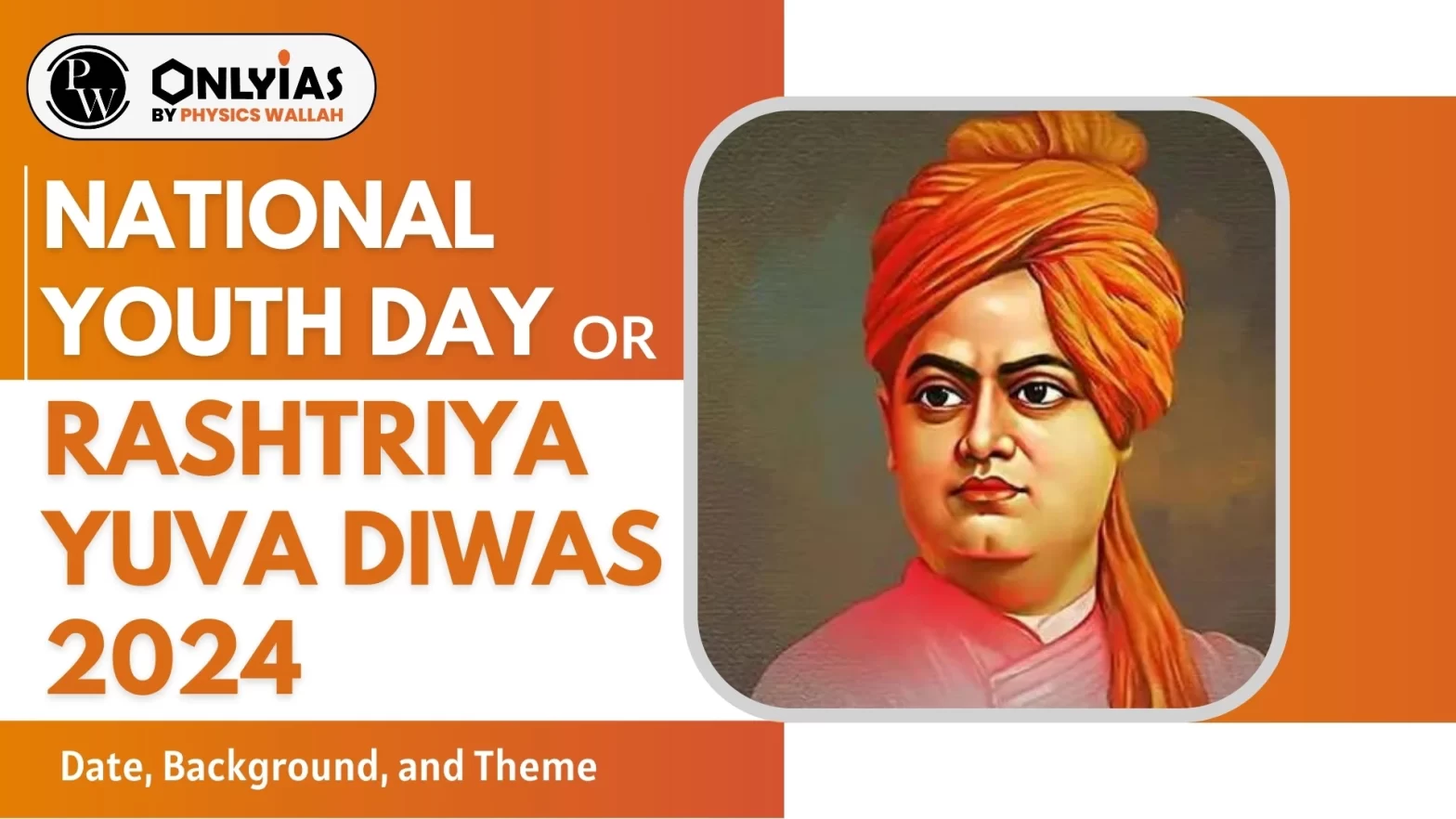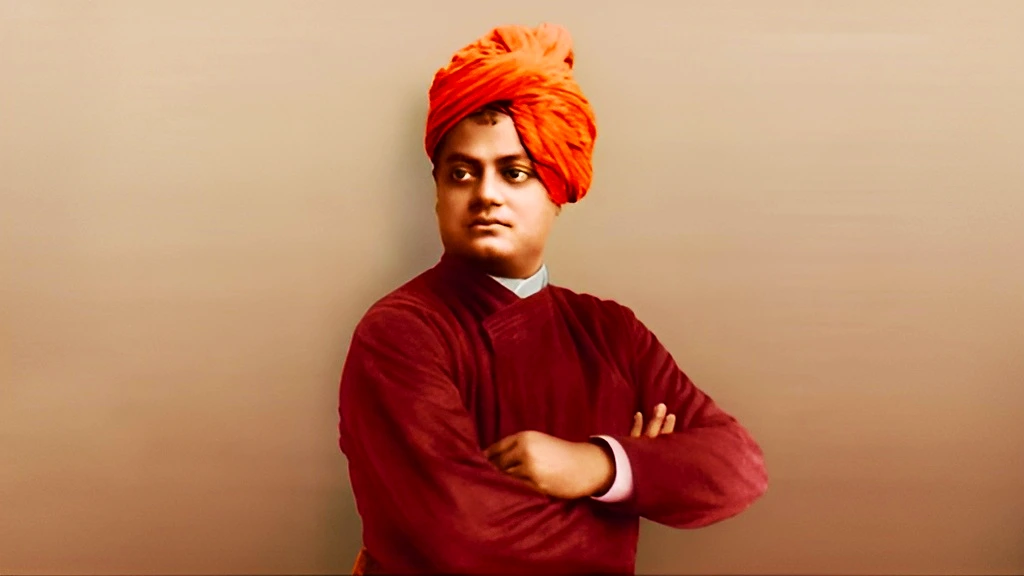National Youth Day or Rashtriya Yuva Diwas is observed in India every year on January 12 to honour the teachings and ideals of Swami Vivekananda.

Context: National Youth Day or Rashtriya Yuva Diwas is observed in India every year on January 12 to honour the teachings and ideals of Swami Vivekananda.
Date: National Youth Day is observed in India every year on January 12 to honour the teachings and ideals of Swami Vivekananda who was born on January 12, 1863, in Kolkata.
Background: The decision to celebrate Vivekananda’s birthday as National Youth Day was taken in 1984, and it was first marked on January 12, 1985.
On National Youth Day, Department of Youth Affairs, Ministry of Youth Affairs and Sports, is celebrating National Youth Festival in Nashik, Maharashtra.
Initially his name was Narendra Nath Dutta, born on January 12, 1863, in Kolkata. Swami Vivekananda was the chief disciple of 19th century mystic and yogi Ramakrishna Paramhansa who founded the Ramakrishna Math, a monastic order based on his guru’s teachings in Kolkata and a worldwide spiritual movement known as the Ramakrishna Mission based on the ancient Hindu philosophy of Vedanta.

Swami Vivekananda’s achievements left a lasting impact on society. He worked tirelessly to improve humanity, promote spiritual enlightenment, and cultivate harmony, social justice, and interfaith understanding.
Swami Vivekananda’s organizations spread his teachings, ideals, and vision for humanity and spiritual enlightenment. Here are some of them:
Vivekananda is credited with contributing to a revival of modern Hinduism and inspiring nationalist consciousness during colonial rule but he is best known for his famous 1893 speech where he introduced Hinduism to the Western world in Chicago.
| Must Read | |
| NCERT Notes For UPSC | UPSC Daily Current Affairs |
| UPSC Blogs | UPSC Daily Editorials |
National Youth Day is observed on January 12 annually, honoring Swami Vivekananda Jayanti (birth anniversary).
The theme is "MYBharat-ViksitBharat@2047- By the Youth, For the Youth," focusing on national development.
Introduced Indian philosophies globally, emphasized education, spoke at the World Parliament of Religions, and influenced modern India.
Ramakrishna Mission, Belur Math, Advaita Ashrama, Vedanta Society, and Bharat Sevashram Sangha are key organizations spreading his teachings.

<div class="new-fform">
</div>